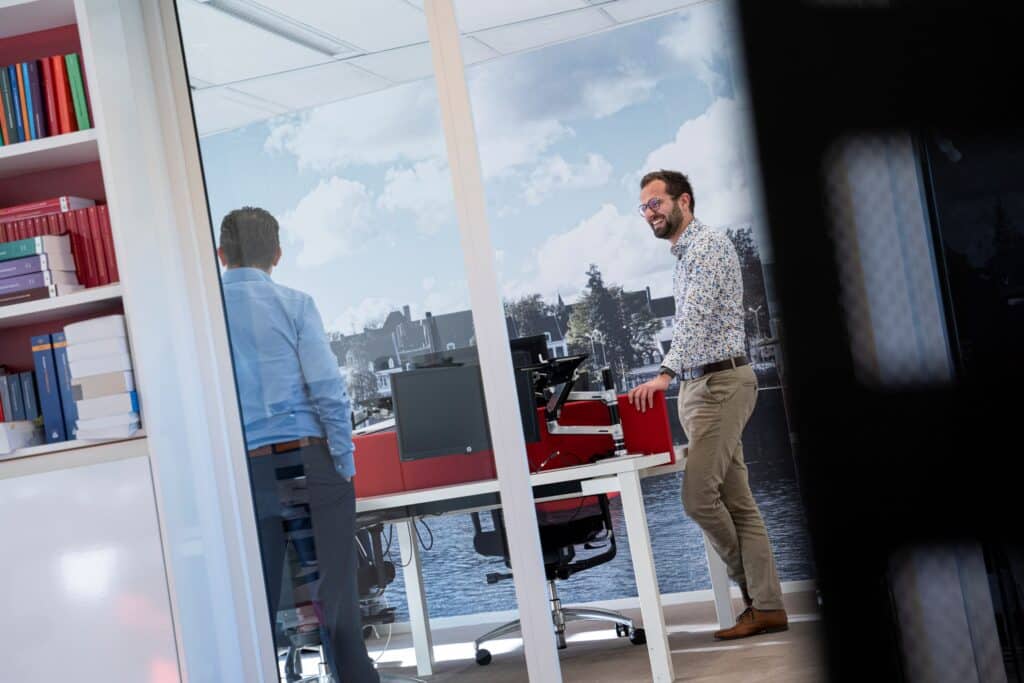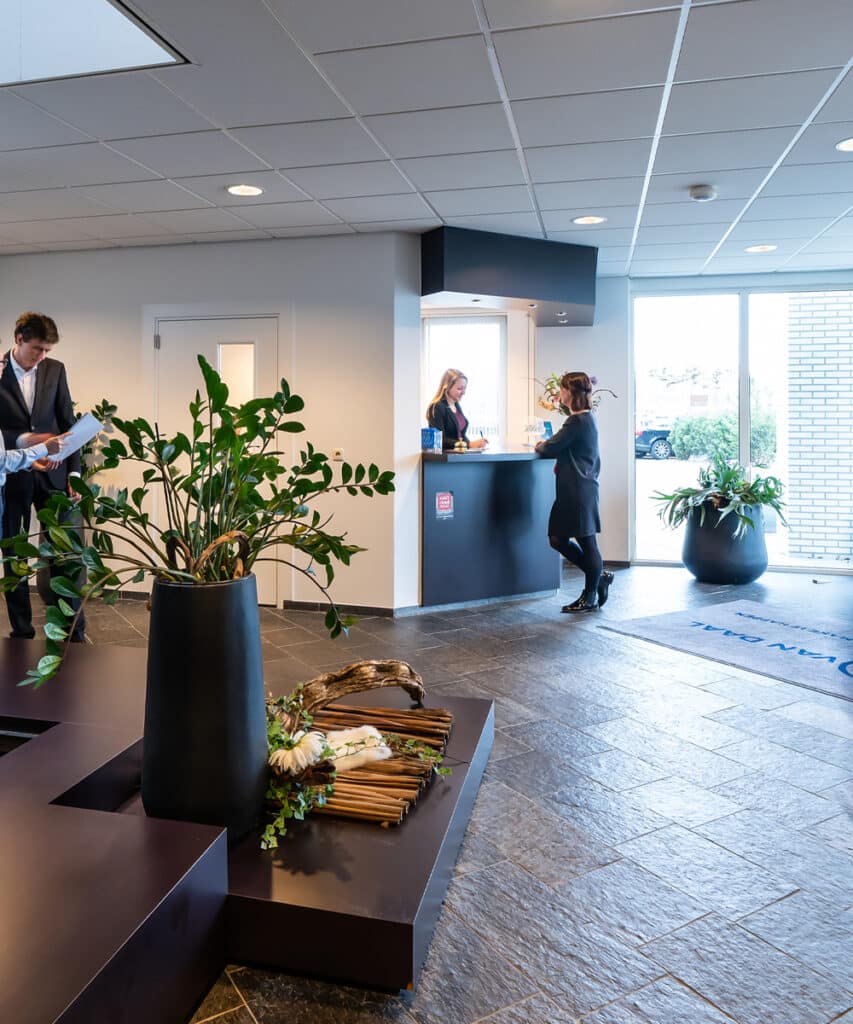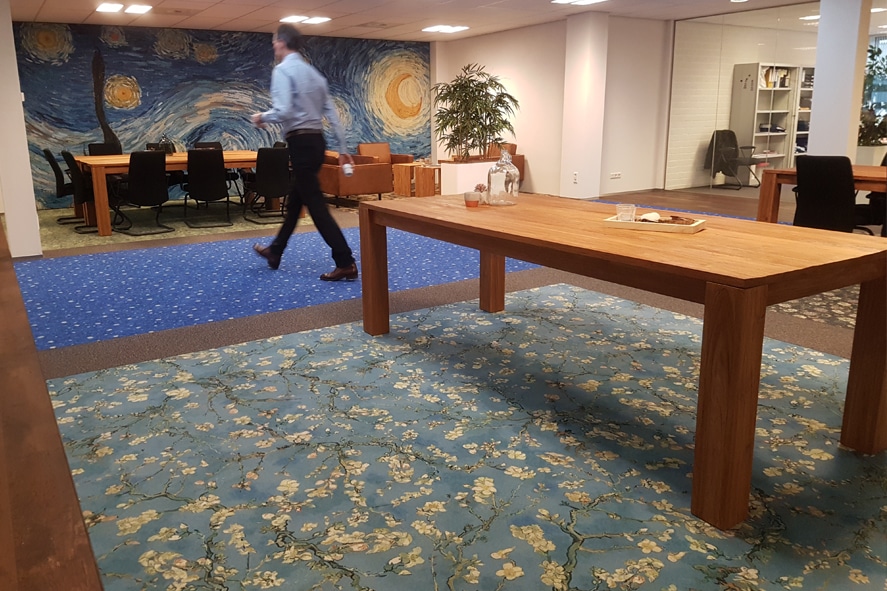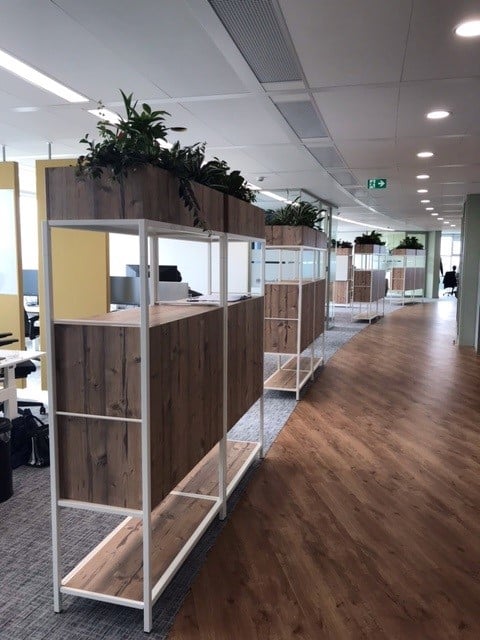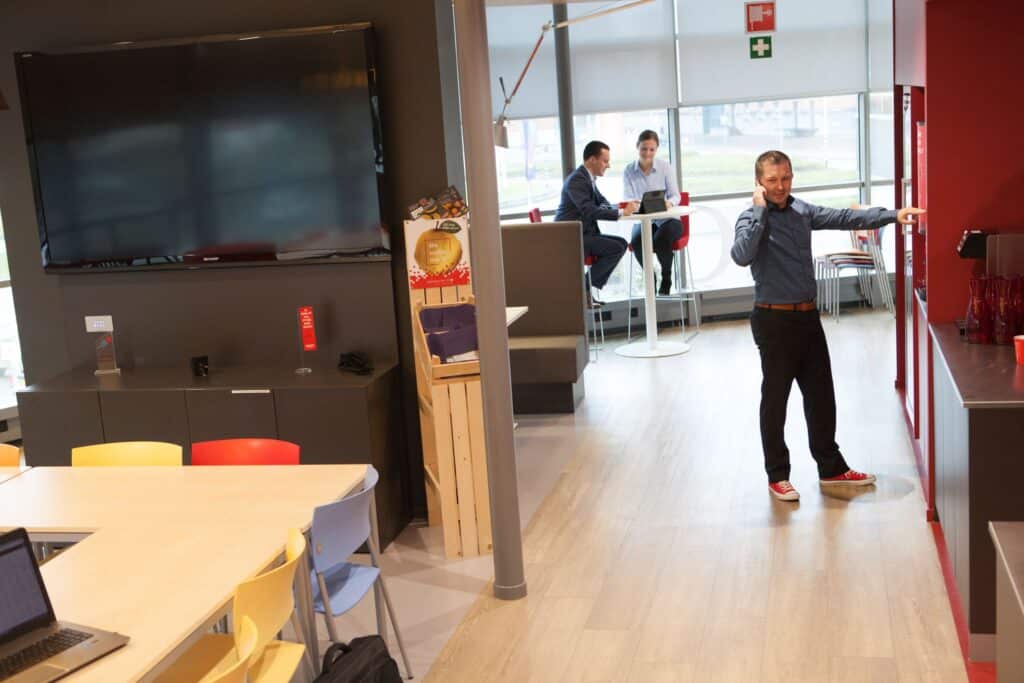Stronger through regional leadership
Our combined strength provides regional leadership. Logical. Because from our core strengths – in-depth professional knowledge, customer focus and multidisciplinary thinking – we strengthen our network, increase our expertise, attract talent and achieve scale.
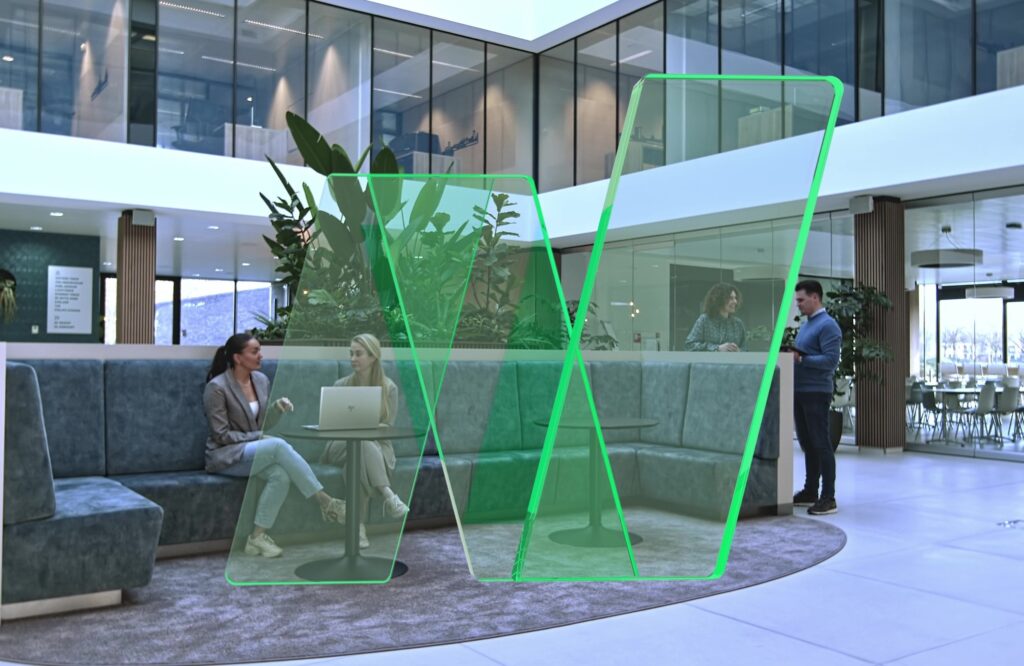
Newtone: a new name with familiar power.
Newtone is futureproof. That characteristic comes from our national span and regional strength. But also from our national scale and international network. From this hybrid way of organizing we continue to optimize our high-quality, broad and innovative services. Including the familiar human contact. Including an office always nearby. Wherever our distinctive services are needed. Exactly where we are.
Discover our full range of services
Our services are not stand alone. We always collaborate with other specialists to provide you with the most effective advice.
- Accountancy arrow_forward
- Audit arrow_forward
- Business IT consultancy arrow_forward
- Corporate consultancy arrow_forward
- Corporate Finance arrow_forward
- Financial administration arrow_forward
- Financial-advisory arrow_forward
- HR and recruitment arrow_forward
- International business arrow_forward
- IT Audit and Advisory arrow_forward
- Legal advice arrow_forward
- Risk management arrow_forward
- Sustainability arrow_forward
- Tax advice arrow_forward



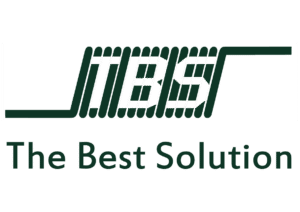

Impression
Our culture
The international HLB network
We are proud to be part of a strong international network of independent consultancy and accountancy firms. HLB has a history of innovation and collaboration, and is committed to helping clients grow across borders. With 25,000 professionals working in 160 countries, HLB combines local expertise with global capabilities. HLB offices have deep roots in their local communities and maintain close connections to professionals around the world – an invaluable advantage for international businesses.

Our specialists are at your service





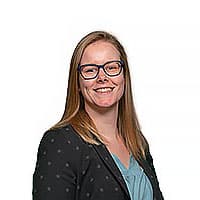



Our offices
Find an office nearby
- Alphen aan den Rijn arrow_forward
- Rotterdam arrow_forward
- Woerden arrow_forward
- Delft arrow_forward
- Amsterdam arrow_forward
- Maastricht arrow_forward
- Venlo arrow_forward
- Roermond arrow_forward
- Den Bosch arrow_forward
- Gemert arrow_forward
- Waalwijk arrow_forward
- Valkenburg arrow_forward
- Eindhoven arrow_forward


